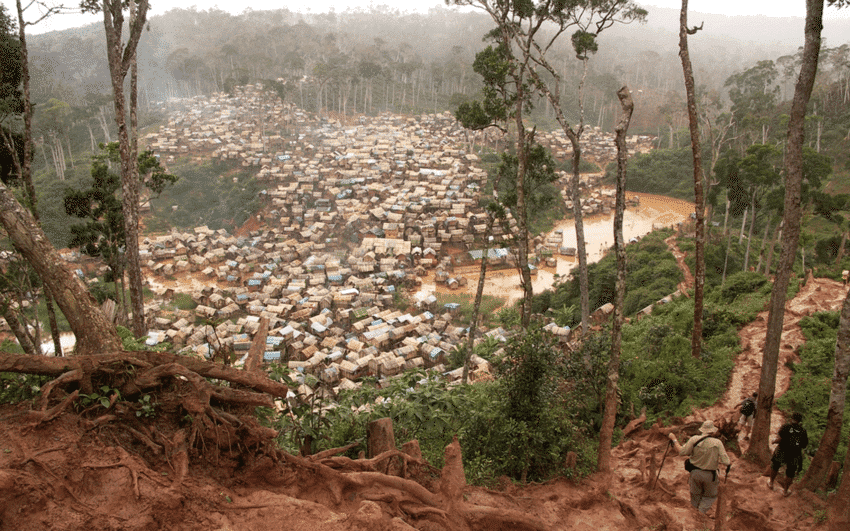
ZIMBABWEAN communities are calling for sweeping changes to the way mining activities are regulated and overseen in their regions, citing concerns over environmental degradation, lack of transparency and inadequate compensation.
They argued that the Environmental Management Agency (Ema) should revert to the role of compiling mandatory environmental impact assessments.
At a recent meeting of community experts from Buhera, Mberengwa and Mutoko districts, participants called for a stronger voice in shaping mining policies and regulations.
The meeting was centred on empowering local communities to have a stronger voice in shaping mining policies and regulations, with the goal of achieving a more equitable, transparent and sustainable resource governance.
“The current system allows companies to essentially mark their own homework and that’s short-changing our communities,” Buhera North lawmaker Phillip Guyo said.
“Communities are bearing the brunt of dust, water contamination and other environmental impacts, but we have little say in the final assessment process.
“These are critical processes that directly impact our lives, but they happen behind closed doors.
“We need much greater transparency and community involvement in how these decisions are made.”
- Veld fire management strategies for 2022
- Stop harassing media for reporting truth
- Veld fire management strategies for 2022
- News in depth: Mnangagwa’s push for $12 billion mining industry imperils communities
Keep Reading
Participants also raised concern about the opaque nature of prospecting licences, exclusive prospecting orders and land demarcation, which they say communities often struggle to understand and influence.
To address these oversight and transparency issues, the meeting passed a motion calling on Parliament to reform the prospecting, compensation and relocation standards associated with mining activities.
They also urged Silveira House, the meeting organisers, to engage more closely with Ema to educate communities on their rights and the agency's oversight role.
“Silveira House has a memorandum of understanding with the Parliament of Zimbabwe, so it needs to be much more proactive in reaching out to us and empowering our voices,” said Bindura South legislator Remigious Matangira, who is also the chairperson of the Parliamentary Portfolio Committee on Mines and Minerals.
Legal expert Clever Mandizvidza urged communities to speak out.
“This is our land, our resources and our future. We need to make sure we attend public gatherings and that our perspectives as communities are heard loud and clear,” he affirmed.
The meeting also touched on the review of the Mines and Minerals Bill, which has been a contentious piece of legislation since it was first drafted in 2015.
The Bill is seen as a crucial step in moving away from the outdated colonial era mining laws that have been in place since 1961.
Participants expressed hope that the revised Bill would finally provide a lasting solution to the myriad of challenges surrounding mining activities in the country.
With Zimbabwe’s mineral wealth continuing to be a major political and economic issue, the community experts’ meeting underscored the urgent need for reforms to give local people a stronger voice in mining governance.










